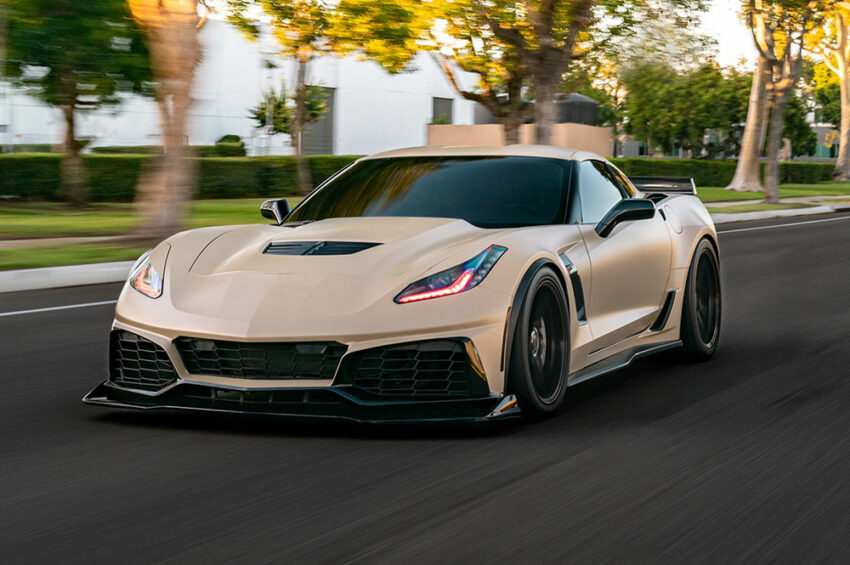
Top four popular places to book cruises

Widely regarded as America’s sports car, General Motors initially unveiled the Corvette concept back in 1953. Although the first car, which was named C1, didn’t really do well from a commercial perspective, it kickstarted a legacy that has made Corvettes the most prestigious sports car in the country.
The power, transmission, and pace offered by different Corvette models are easily one of the best in the segment; making it very difficult to resist the possibility of buying an old one, let alone one fresh from the showroom. That being said, there are more than a few things to note if you are buying an old Corvette on sale.
Bring the right mechanic
A thorough inspection is really important when it comes to buying old cars. The same applies to Corvettes as well, and someone with expertise on the range would be an ideal candidate. A pre-purchase inspection would enable the mechanic to understand whether the Corvette was driven too hard, has the engine been replaced, and how the breaks are holding up. Making a list of questions and handing it over to him would be even better, as it would help him understand what is it that you are really looking for from the car.
The reputation of the model
Like any car, Corvettes too had some good and bad versions. The 1967-1969 Corvette L88, 1990-1995 Corvette ZR-1 and 2009-2013 Corvette ZR1 among others, for instance, were all terrific in their own way and blew away the market at the time. However, the 1987 Callaway Twin Turbo Corvette, 1979 Corvette L48 and even the 1958 Corvette C1 among others, struggled to have an impact. 1984 Corvettes are also renowned for a host of problems largely because they were entirely redesigned after the complete failure of 1983 Corvettes. Therefore, thorough research is absolutely necessary when opting to buy a specific Corvette model.
Horsepower problem in the mid-70s
Corvettes are synonymous with power and transmission but this is something that the mid-1970s Corvettes seriously lacked. The 1975 Corvette base model delivered an embarrassing 165 horsepower, with its powertrain downsized from the 1974 model. The 1979 L48 also delivered similar results, although somehow managed to generate record sales. The energy crisis at that time caused serious havoc worldwide and was the primary reason behind Corvettes and almost any car for that matter, lacking power.
Avoid models with big block motors
After having rolled out its small block engines in the mid-1950s, Chevrolet gave owners the option of choosing either a small block or big block engine in their Corvettes from 1965-1974. The big block was still a popular choice back then, offering great torque and strength. However, heat was a major byproduct of the big block engine, with the ACs not being powerful enough to quickly dissipate the growing warmth inside the car. Therefore, before choosing a Corvette from 1965-1974, do check to see which engine it is working on.